Who would’ve thought a guy who rates his Vietnamese a 0.4 out of 10 would rap about Vietnamese pride? Who would’ve thought someone who grew up in the States, where being Vietnamese was a minority, would claim that identity so fiercely? But Thai VG did. And he did it loudly.
After 25 years carving out a place for Vietnamese rap in America, fighting for respect as a Vietnamese-American in the gang culture that shaped him — Vietnam’s rap big brother packed up and moved to Saigon with his family of four. “Hell yeah,” Thai VG grins when I ask if he prefers life in Vietnam over the States.
Back in America, Thai VG had everything a man is supposed to want: a family, a house, cars and businesses. But something felt missing. “I wouldn’t say I was unhappy, but it felt empty,” he admits. That emptiness lingered for four years, until one night he picked up the phone and called Suboi. “I’m thinking about moving to Vietnam, to pursue music. Could you help me connect with people?” he asked. The very next day, she rang back: Rap Việt — the country’s biggest rap show — wanted him as a judge for their third season. He became a coach in Season 4.
For the Rap Viet’s coach, moving to Vietnam back then was like taking a leap of faith. “I just told myself that I'm gonna trust my gut, trust my instinct, and if I come to Vietnam and I come from my heart, everything is gonna be okay,” he recalls.
His new album, Purpose, could be summed up in one Vietnamese slang phrase: giang hồ gác kiếm — a gangster laying down his sword. “And it’s not just the album—it’s my life, too. People could feel my energy that I stay away from all the stuff of my past. This album is more of my self reflection as a person, as you grow and leave the past behind. It’s about finding your purpose.”
I met Thai VG in his Saigon home on his 42nd birthday. In the dim light of VG Studio, he reflects on 25 years of telling his story as a Vietnamese-American through rap, what peace means to him and how the next chapter of his life will unfold as an artist, a dad and an entrepreneur.
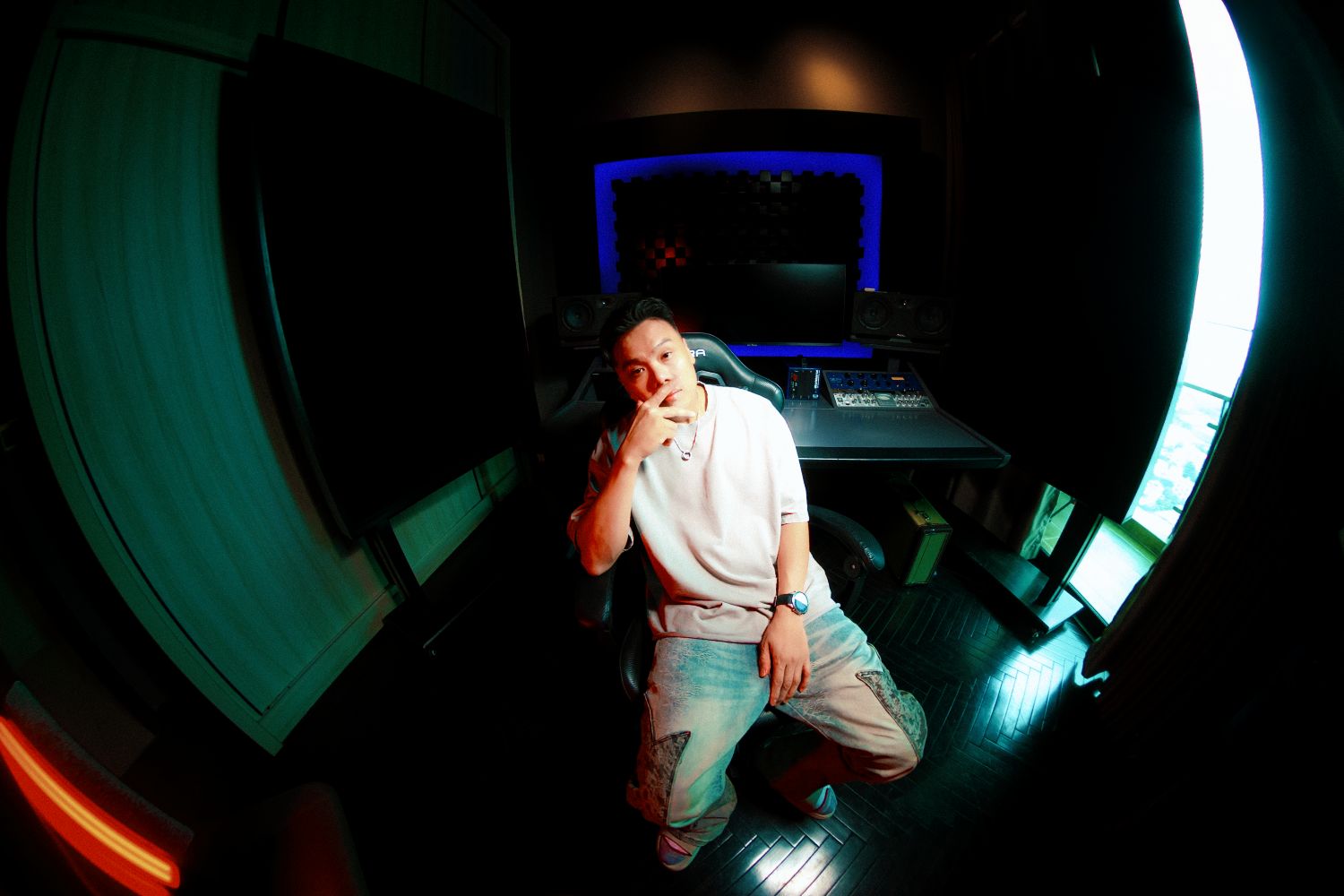
Nga: I can see that family is one of your biggest values in life. Back in the US, your parents divorced and you grew up with your mom. Now that you have your own family in Saigon, has that changed the way you define family?
Thai VG: I feel like nothing would matter without my family. Everything I do is for them.
I grew up without a real family. No aunts, uncles, cousins around in America — just my mom and dad. And my dad was abusive. He left when I was eight. So I know what that feels like, and I never want my kids to go through what I went through.
All those experiences, the pain, it made me promise myself that whatever I went through, I’d do the opposite for my kids. I make sure they’re good, that they never feel abandoned, that they know I’m always there.
Now they’re older, but even now I’m hands-on. I try to guide my kids the right way to work hard and earn everything. No matter what I’m doing, I make sure I’m there.”
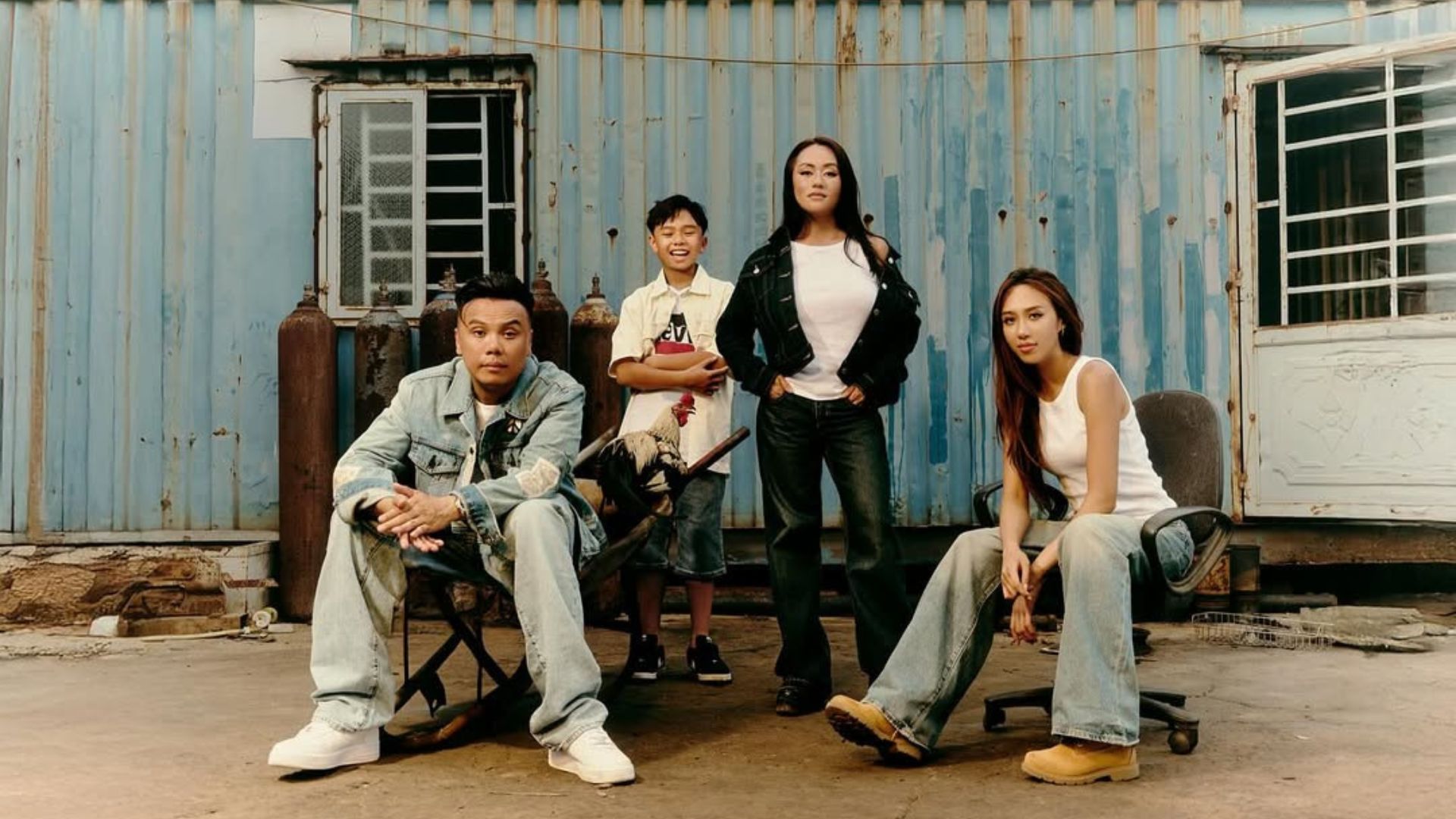
Nga: How’s your Vietnamese at the moment if you had to rate it?
Thai VG: I’d give it a three. Three out of ten. Before coming here, it was like a 0.4. I didn’t speak Viet at all for years, only to my mom but very basic vocabulary. I used to speak it a lot when I was very young but then I just lost it.
Nga: You said you lost your Vietnamese. Did you ever feel like that took something away from your identity as a Vietnamese-American when you rapped in English?
Thai VG: We just knew that we’re Vietnamese, straight up.
Whether we spoke the language perfectly or kept every tradition, it didn’t matter. We just knew this is who we are, this is what we represent. It’s in our blood.
So no, to your question — that was always our identity. That’s what separated Vietnamese-Americans from the rest of society over there. And it was the gang culture I grew up with too. Everybody in that world moved the same way with their pride, we represented what we were about.
Speaking the language or not doesn’t change that. It’s about knowing who you are.
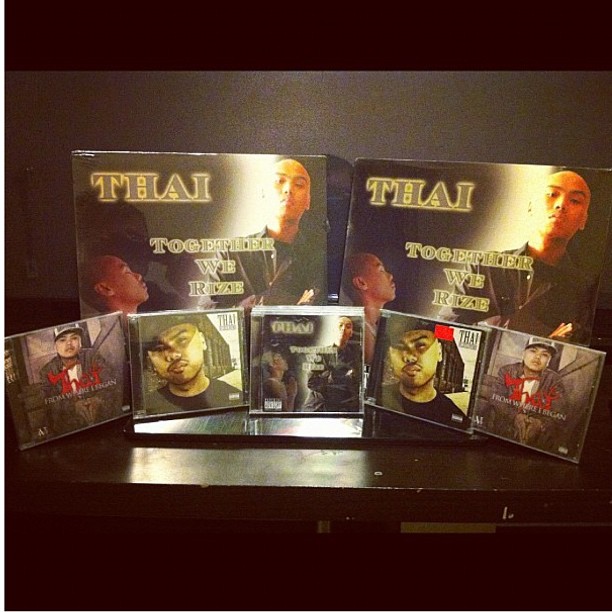
Nga: I notice a pattern in overseas Vietnamese stories—being the minority, needing to assert identity. A lot of Vietnamese artists and writers focus on that suffering as immigrants. Did you ever feel like it was your responsibility to tell that story?
Thai VG: I wouldn’t say it was my responsibility. I just wanted to tell my story. I grew up in the streets, and that’s how we were raised—stand up and fight for who we are, for what we represent. I never thought about it like, “oh, I need to carry this responsibility.”
I just knew what I was doing at the time, what I represented—for Vietnamese, for the Asian community in America.
Nga: Moving back to Vietnam—did that shift change the way you make music?
Thai VG: For sure. I’ve grown a lot, so the music’s changed too. I don’t talk about the same things I did when I was younger. I got a lot of things off my chest in Purpose, my last album since I hadn’t dropped an album in fourteen years. At this moment, I feel more relaxed, not so angry, not carrying all that negative energy. I’m just having fun with music and my mood.
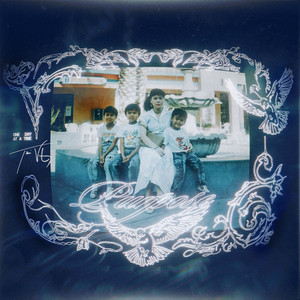
Nga: In one of your preview interviews, you talked about the song War and Peace—and you said war wasn’t about violence, but more like a war within yourself. What was that inner war you had to face back then?
Thai VG: The war is just life, you know? Everyone goes through it—getting lost, feeling confused, being used or manipulated and not fully understanding, going through the experiences of life to teach you lessons, people’s opinions, family’s opinions, always being judged and all the negative things that are meant to pull you down.
Back then, I was doing things that weren’t “normal” for a Vietnamese household. I was one of the first Vietnamese rappers walking into studios full of Black American artists which was something at the time not many Asians were doing.
Just imagine this skinny Vietnamese kid stepping into that room. I had to earn my place and I just did me. So yeah, it was about the good, the bad and all of the above things that are meant to break you but somehow you keep finding a way. Those are the wars. And you realize you can’t control what people think or do, you can only control how you feel and how you handle it.
At the end of the day, it’s either gonna make you or break you. People will always have something to say whether you win or lose, rich or poor, You just gotta do you.
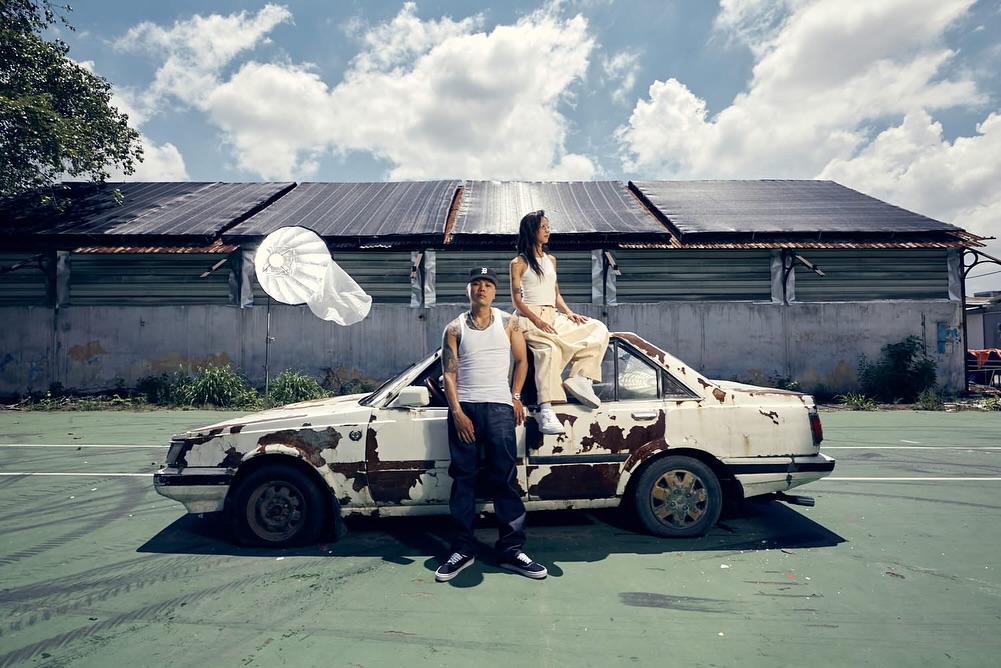
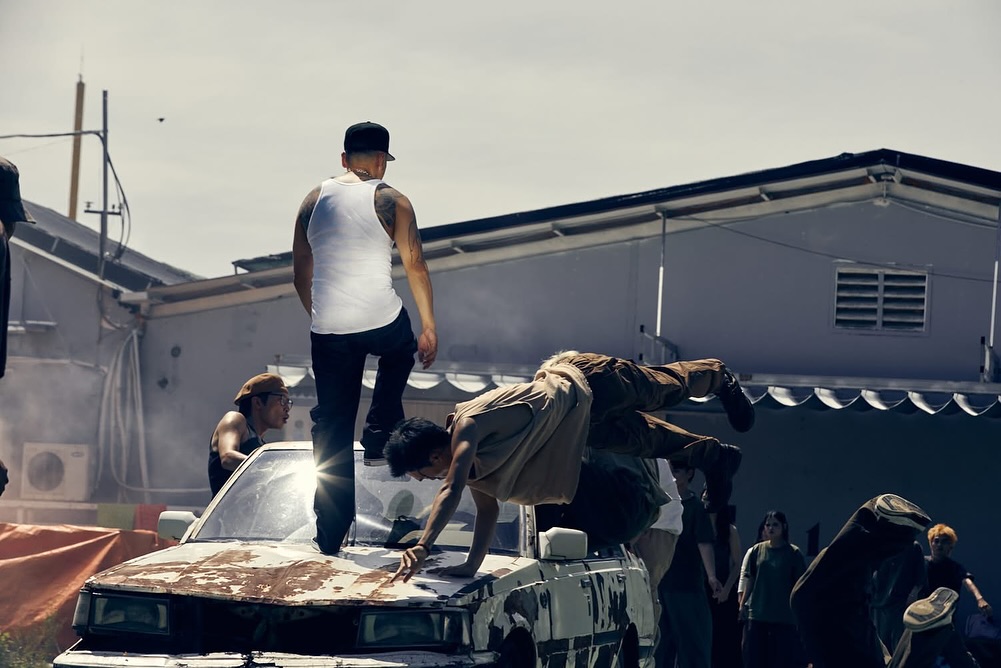
Nga: So how do you define peace?
Thai VG: Peace is just not worrying about the outside world too much. You can only control yourself. Once you really understand that, you’re at peace.
People can do anything to me and I won’t lose sleep over it, because I know I do everything with good intentions.
Would you rather be at war with yourself and at peace with the world, or at peace with yourself and at war with the world? I’d choose peace with myself.

